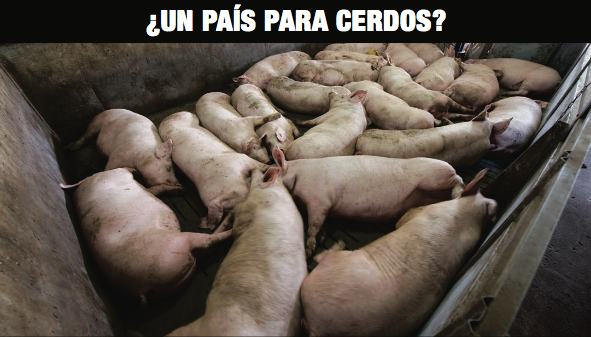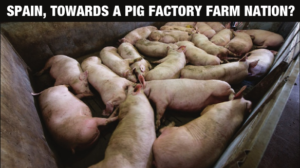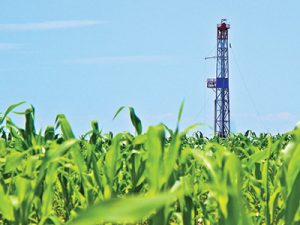Friends of the Earth Europe, WeMove.EU, Food & Water Europe, SumOfUs
For immediate release: Monday October 16
Brussels, October 16 – The proposed merger between Bayer and Monsanto should be blocked under EU competition law, according to a major new study from University College London to be released on World Food Day.
The authors of the report claim that the European Commission should be obliged to block the merger – which is currently under an in-depth investigation from the European Commission – even on a narrow reading of EU competition law.
The analysis concludes that the “Baysanto” merger should be blocked as:
- It would reduce competition: It concentrates even further an already tightly-packed agriculture sector. Just three mega-companies (ChemChina-Syngenta, DuPont-Dow and Bayer-Monsanto) would own and sell about 64% of the world’s pesticides, and 60% of the world’s patented seeds.
- It would raise prices and farmer dependency: One-stop inclusive packages of all services needed for agriculture (seeds, pesticides, and also “digital farming” products) would lock farmers into the company’s value chain, making them technologically dependent and facing price hikes in seeds and pesticides.
- Asset selling won’t solve the crisis: Even if the Commission forces the companies to sell off some products the market is already so concentrated that divesting particular products will not address the merger’s negative effects on future competition in the seeds markets.
- It would stifle alternative businesses: The three mega-corporations controlling the global food value chain would “entrench the market power of the dominant players for the decades to come”, thereby freezing more sustainable forms of agriculture
The academics also call on the European Commission to broaden its investigation of the merger to take into account the full social and environmental costs, as they are likely to “lead to important risks for food security and safety, biodiversity… [and risks for] affordable food prices, high quality of food, variety and innovation”.
Adrian Bebb, food and farming campaigner at Friends of the Earth Europe said: “EU competition chief Margrethe Vestager has more than enough arguments to block the unholy alliance of Bayer and Monsanto, and send a strong signal that the EU is prepared to stand up to these mega-corporations in order to protect farmers, citizens and our environment.
“The consolidation taking place between these agriculture giants would have major impacts on the future of our countryside, rural livelihoods and our environment. It is vital that the European Commission widens its investigation to ensure that we retain the possibility to move agriculture onto a sustainable and resilient footing to help counter climate change and halt biodiversity loss.”
Earlier this year over 200 civil society organisations called on European Competition Commissioner Vestager to stop the current wave of mergers in the agri-business sector. Almost 900,000 citizens have signed petitions calling for the Commission to act.





